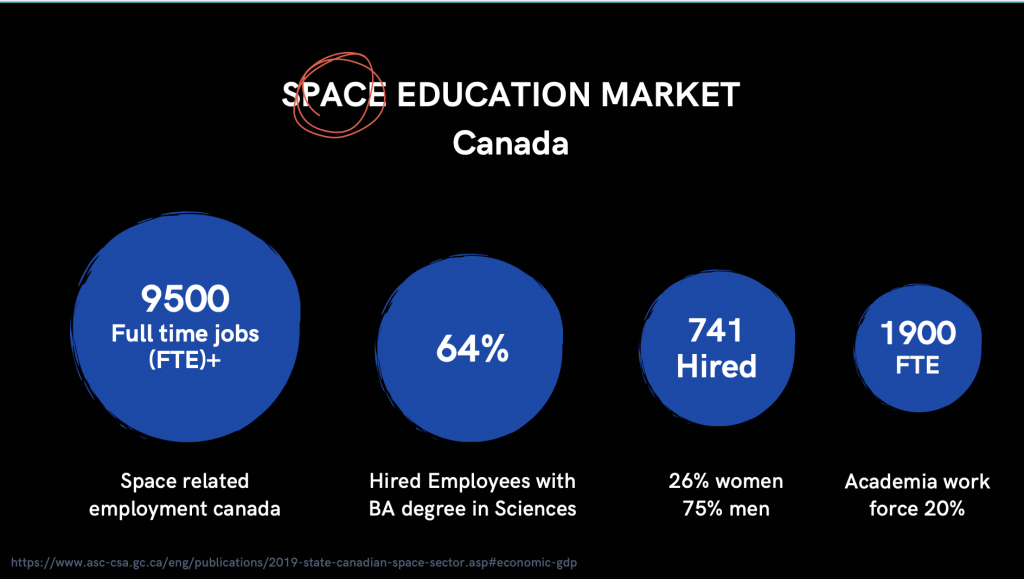Listen closely
Luke Pereira
With the absence of sight, there still remains a vision
Video: How a blind astronomer found a way to hear the stars | Wanda Diaz Merced
Wanda Diaz Merced studies the light emitted by gamma-ray bursts, the most energetic events in the universe. When she lost her sight and was left without a way to do her science, she had a revelatory insight: the light curves she could no longer see could be translated into sound. Through sonification, she regained mastery over her work, and now she’s advocating for a more inclusive scientific community. “Science is for everyone,” she says. “It has to be available to everyone, because we are all natural explorers.”
The research hopes to listen to visually impaired kids themselves by providing them with tools already developed by great organizations like NASA and freely made 3d renderings for the public to DIY. We live in a time where inspiring and providing physical objects in a physical space to groups that need, than virtual, might actually have more long term positive effects to kids.
Image 1: Touching the stars: improving NASA 3D printed data sets with blind and visually impaired audiences
Image 2: NASA’s Solar System Exploration Research Virtual Institute worked with students, colleagues, NASA, the National Federation of the Blind (NFB), teachers and parents to make earth and space science accessible for all.
Image 3: Prototype toolkit created for the research project in which the above objects will be shipped to kids.
Image 4: Touching the stars: improving NASA 3D printed data sets with blind and visually impaired audiences, Source: https://www.youtube.com/watch?v=fc9Fifyv8OY&t=21s
Image 5/6: 3d models downloaded from https://nasa3d.arc.nasa.gov/models and created to virtual models for printing using online modelling tool like sketchfab. See models here https://skfb.ly/ooVJS and https://skfb.ly/oppOQ
To be competitive in the marketplace when it comes to STEM, means opening all doors, not only to the gender differences in space related jobs, but all disabilities as a whole, which seem to be non-existent in the current space education market.

Thank you for exploring this exhibit and I hope in sharing this vision, will inspire you and spark that fire within for inclusive STEM learning for visually impaired kids everywhere.
Please click NEXT at the bottom of this page.

